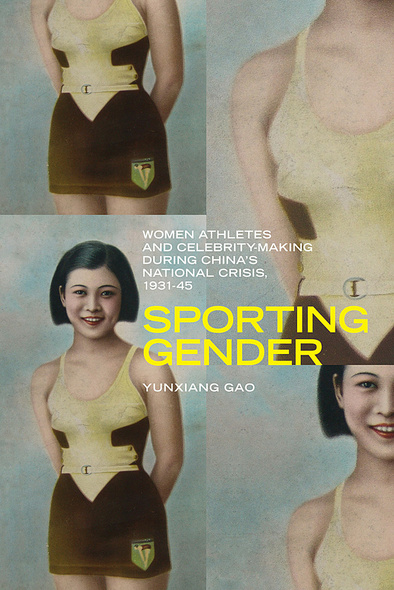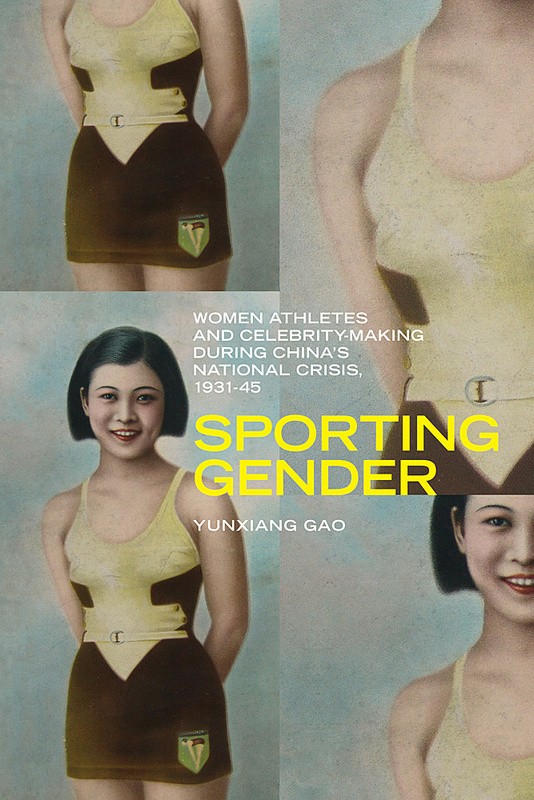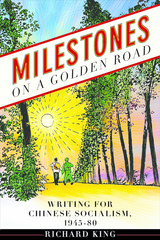
Sporting Gender
Women Athletes and Celebrity-Making during China’s National Crisis, 1931-45
When China hosted the 2008 Summer Olympics – and amazed international observers with both its pageantry and gold-medal count – it made a very public statement about the country’s surge to global power. Yet, China has a much longer history of using sport to communicate a political message. Sporting Gender is the first book to explore the rise to fame of female athletes in China during its national crisis of 1931-45 brought on by the Japanese invasion. By re-mapping lives and careers of individual female athletes, administrators, and film actors within a wartime context, Gao shows how these women coped with the conflicting demands of nationalist causes, unwanted male attention, and modern fame. While addressing the themes of state control, media influence, fashion, and changes in gender roles, she argues that the athletic female form helped to create a new ideal of modern womanhood in China at time when women’s emancipation and national needs went hand in hand. This book brings vividly to life the histories of these athletes and demonstrates how intertwined they were with the aims of the state and the needs of society.
This book will appeal to those interested in Chinese history, gender studies, cinema studies, and sports history.
Yunxiang Gao has written a sensational book! The story of women and sports in modern China has enough flesh and glitz, even a scandal or two, to hook a tabloid reader. But the meticulous research and first-rate historical thinking pack a different punch, making it a book that serious scholars would want to savour, debate, and assign to their students.
Sporting Gender is a fascinating account of the intersection of gender, sports, and popular culture in wartime China. Combining individual biography, national politics, and gender identity, Gao’s book reveals the rise of women athletes as a new cultural force.
Gao’s attention to the life stories of influential Chinese sporting women like Zhang Huilan, Lu Lihua, Yang Xiuqiong, and Li Lili adds much depth and texture to our understanding of Republican-era tiyu. Her explication of the tensions of growing mass media production and the war with Japan help us to appreciate how notions of sport and gender were redefined during China’s national crisis.
Introduction
1 Zhang Huilan (1898-1996): The “Mother of Women’s Modern Physical Education”
2 Nationalist and Feminist Discourses on Jianmei (Robust Healthy Beauty)
3 The Basketball Team of the Private Liangjiang Women’s Tiyu Normal School
4 The Evanescent Glory of the Track Queens
5 “Miss China,” Yang Xiuqiong (1918-82): A Female Olympic Swimmer
6 Sportswomen on Screen: The “Athletic Movie Star,” Li Lili (1915-2005)
Conclusion
Notes; Glossary of Chinese Terms, Titles, and Names; Bibliography; Index





